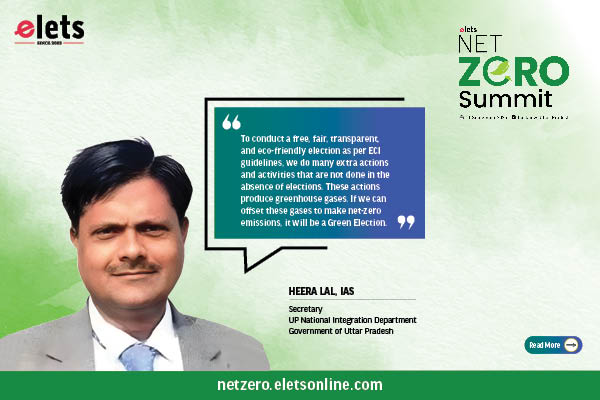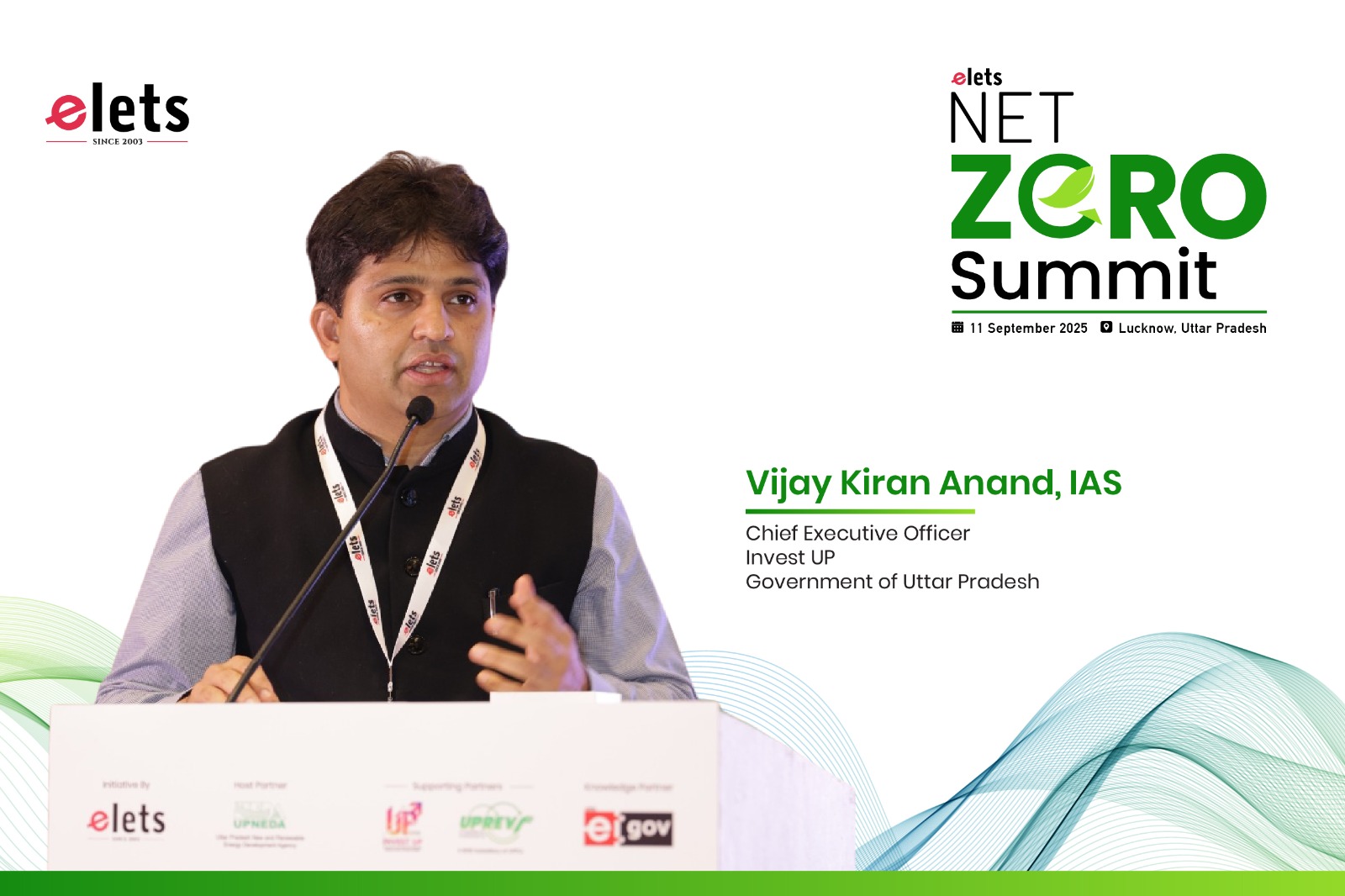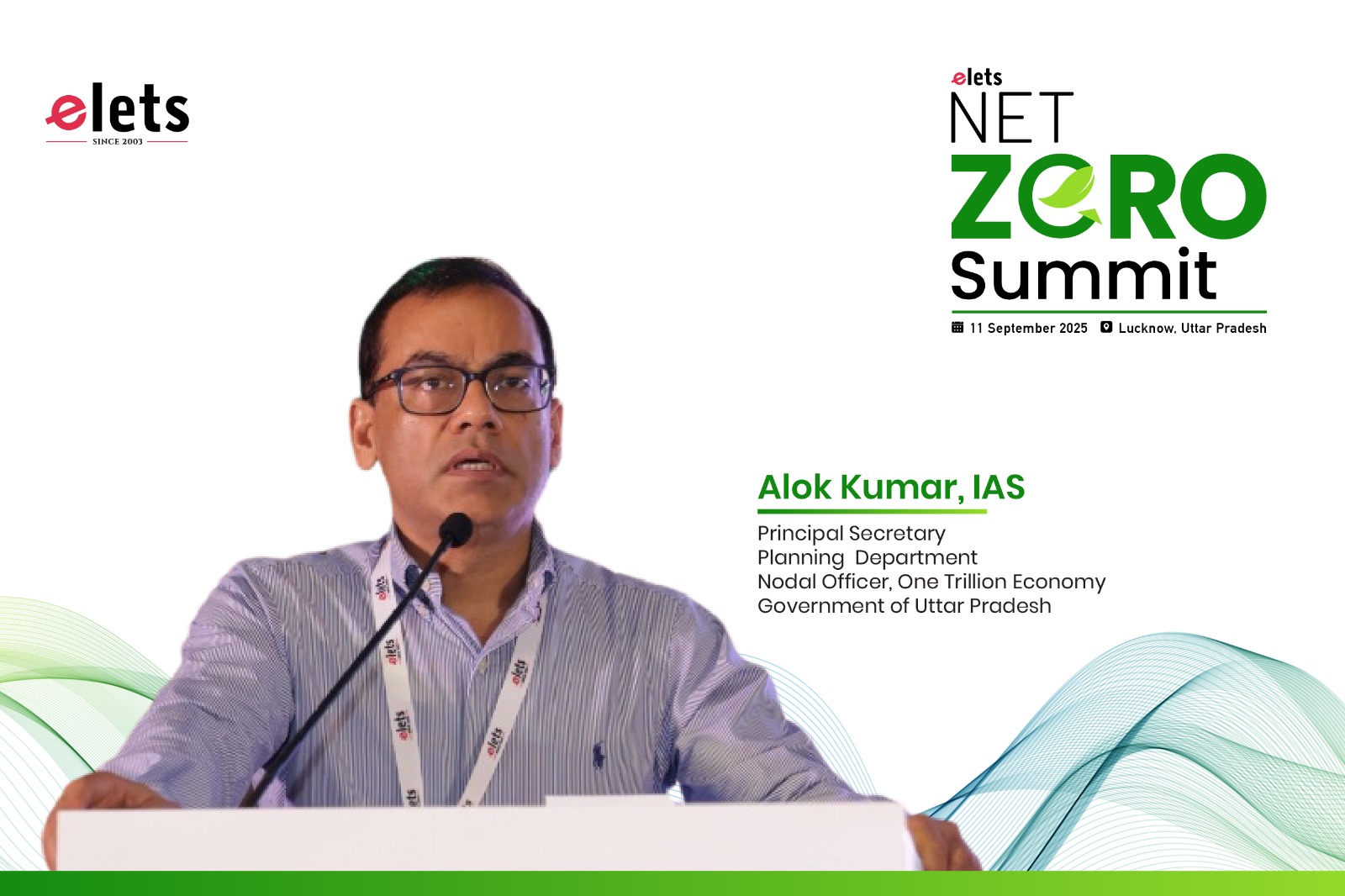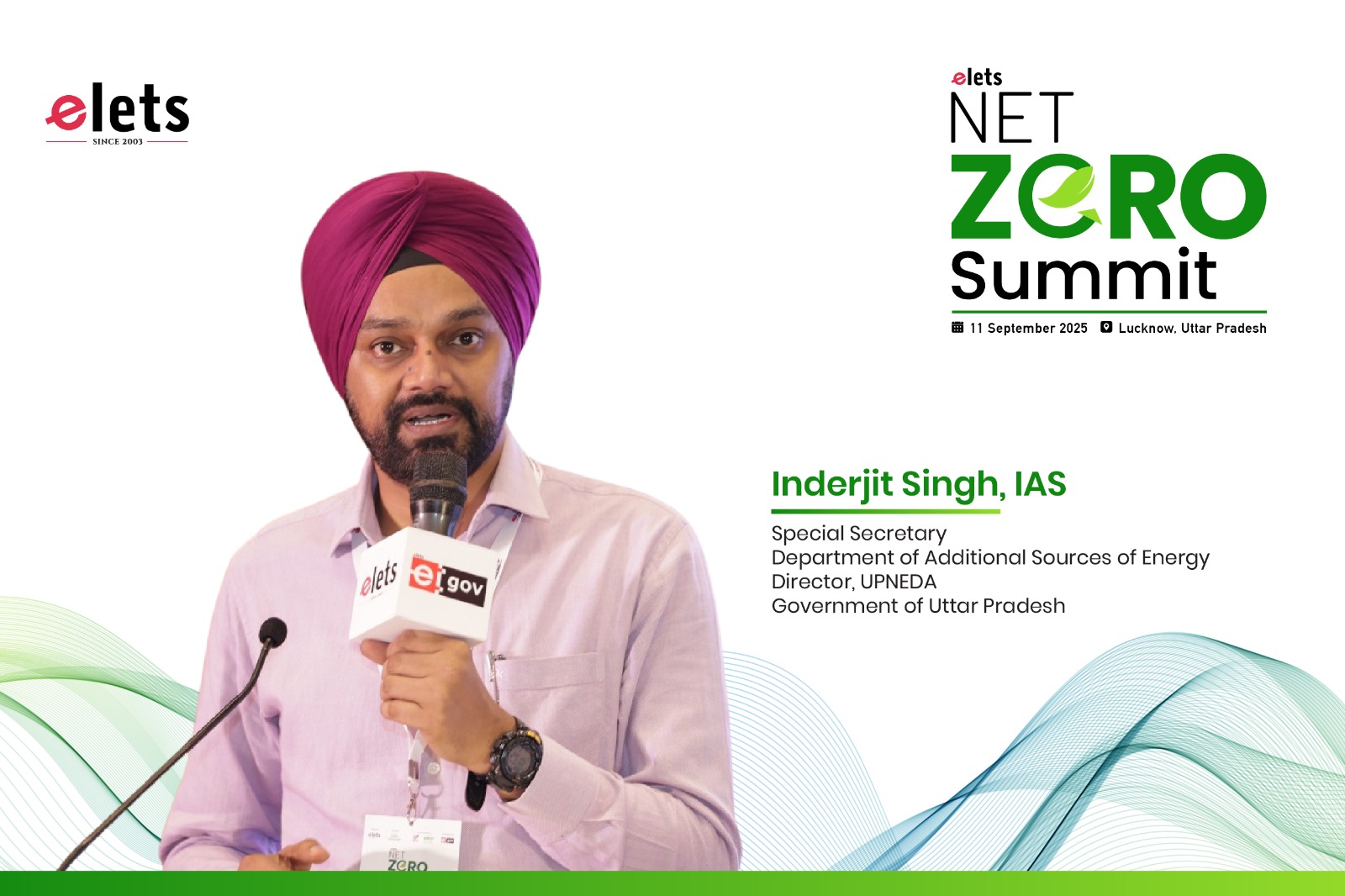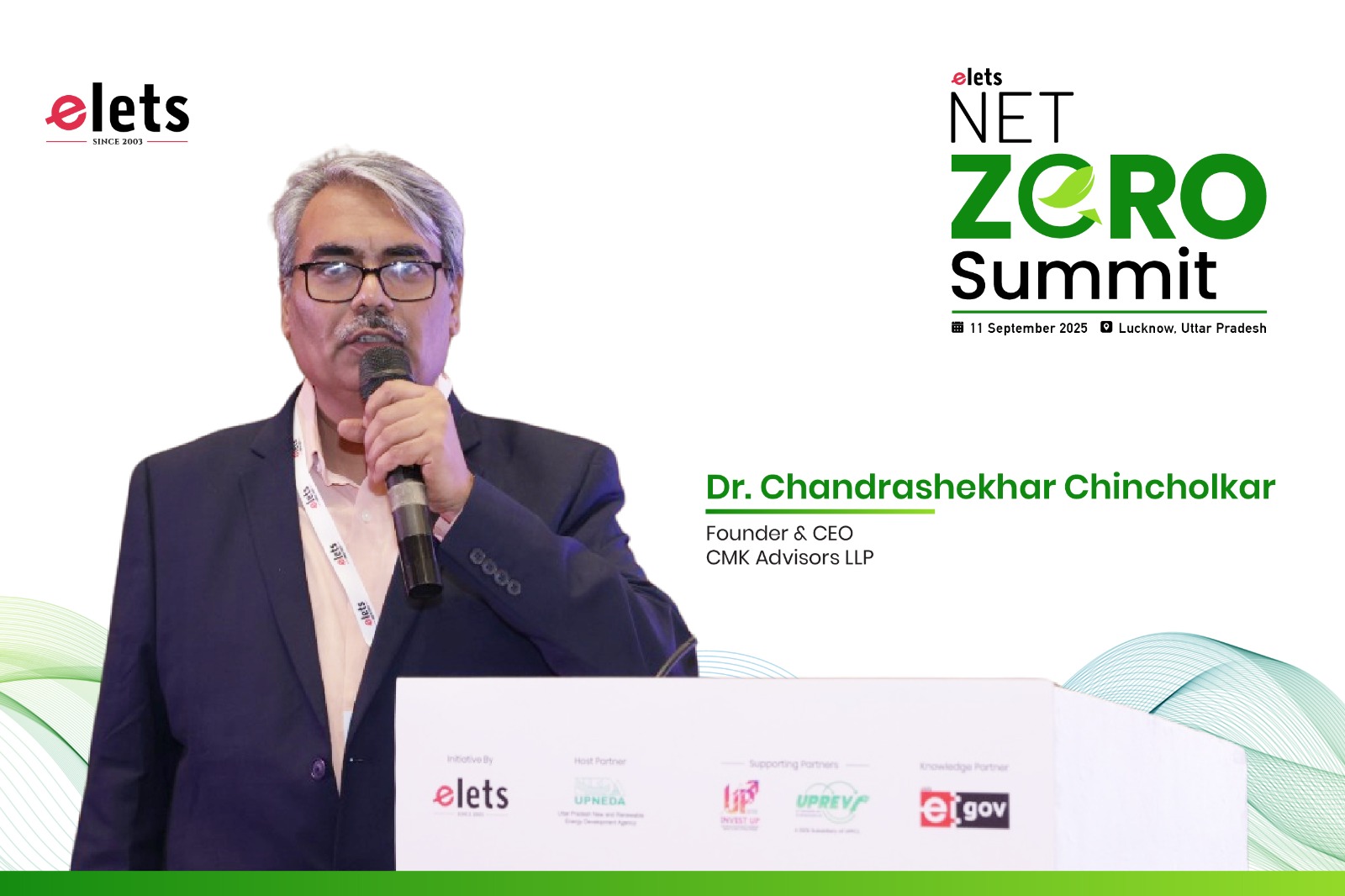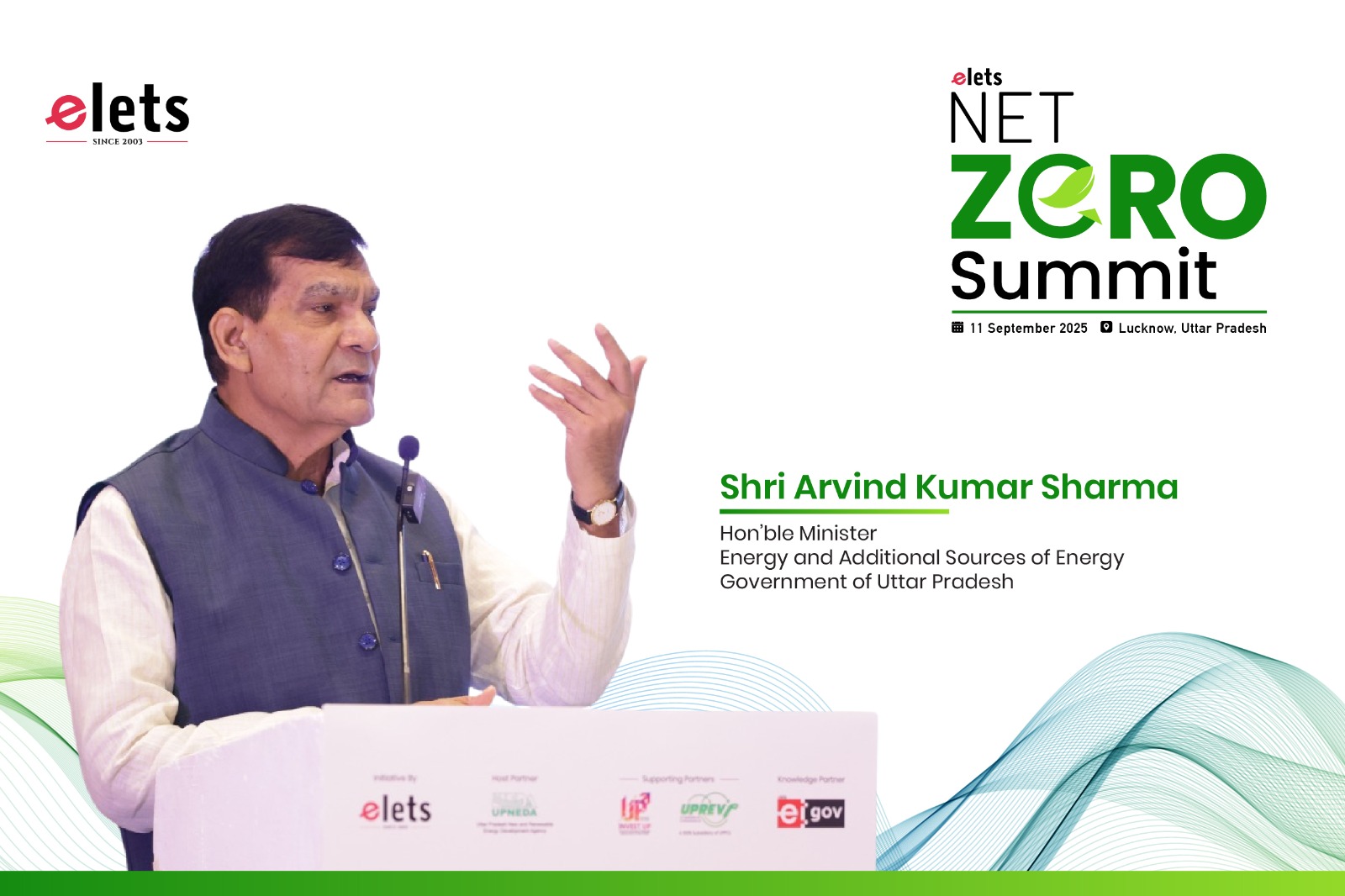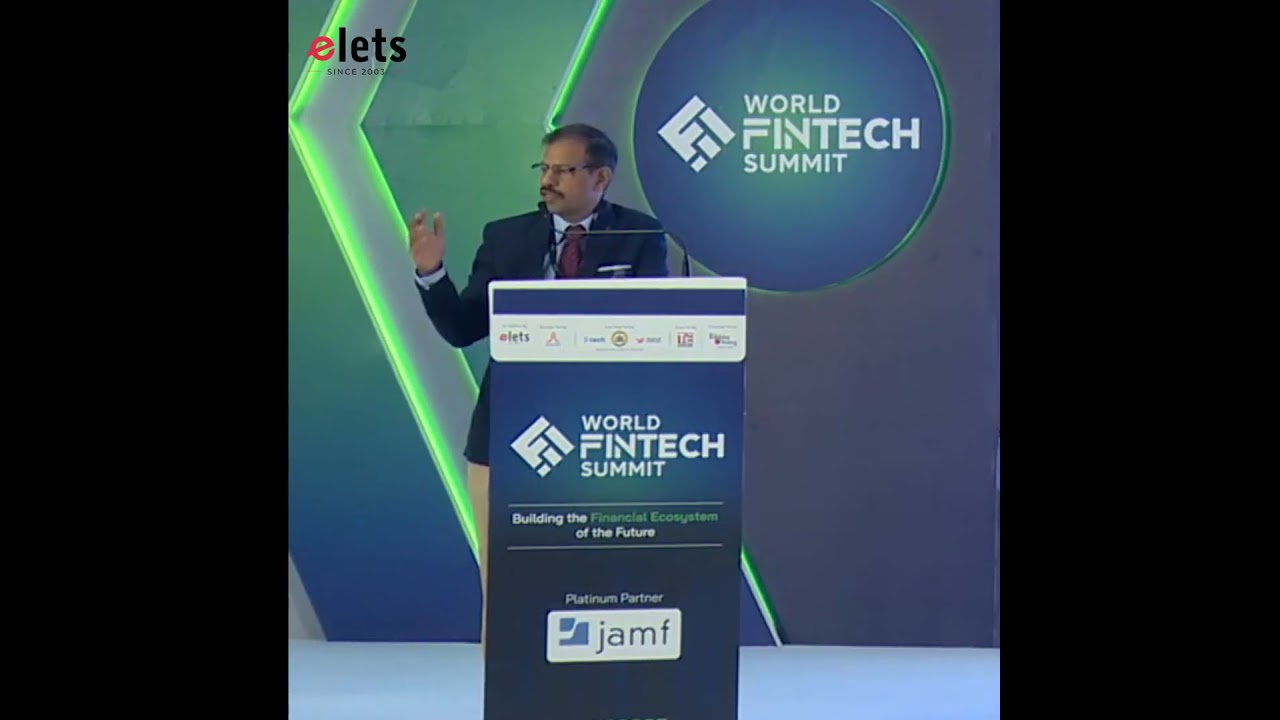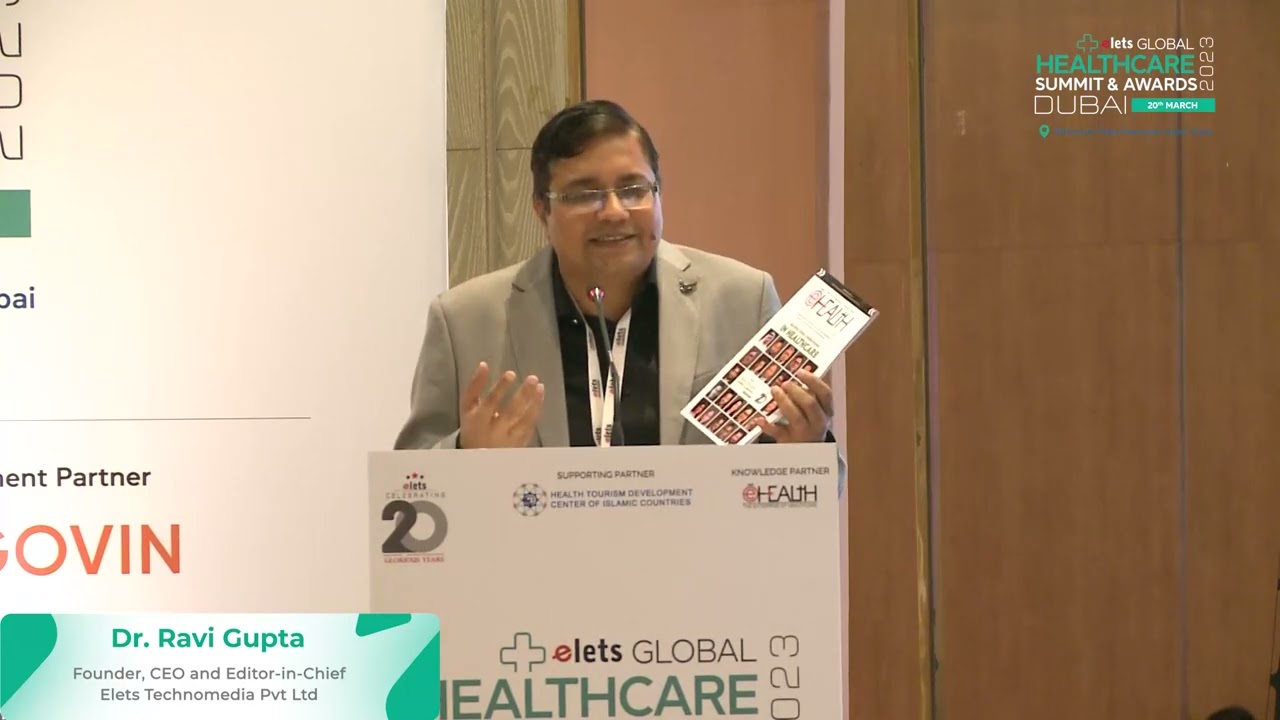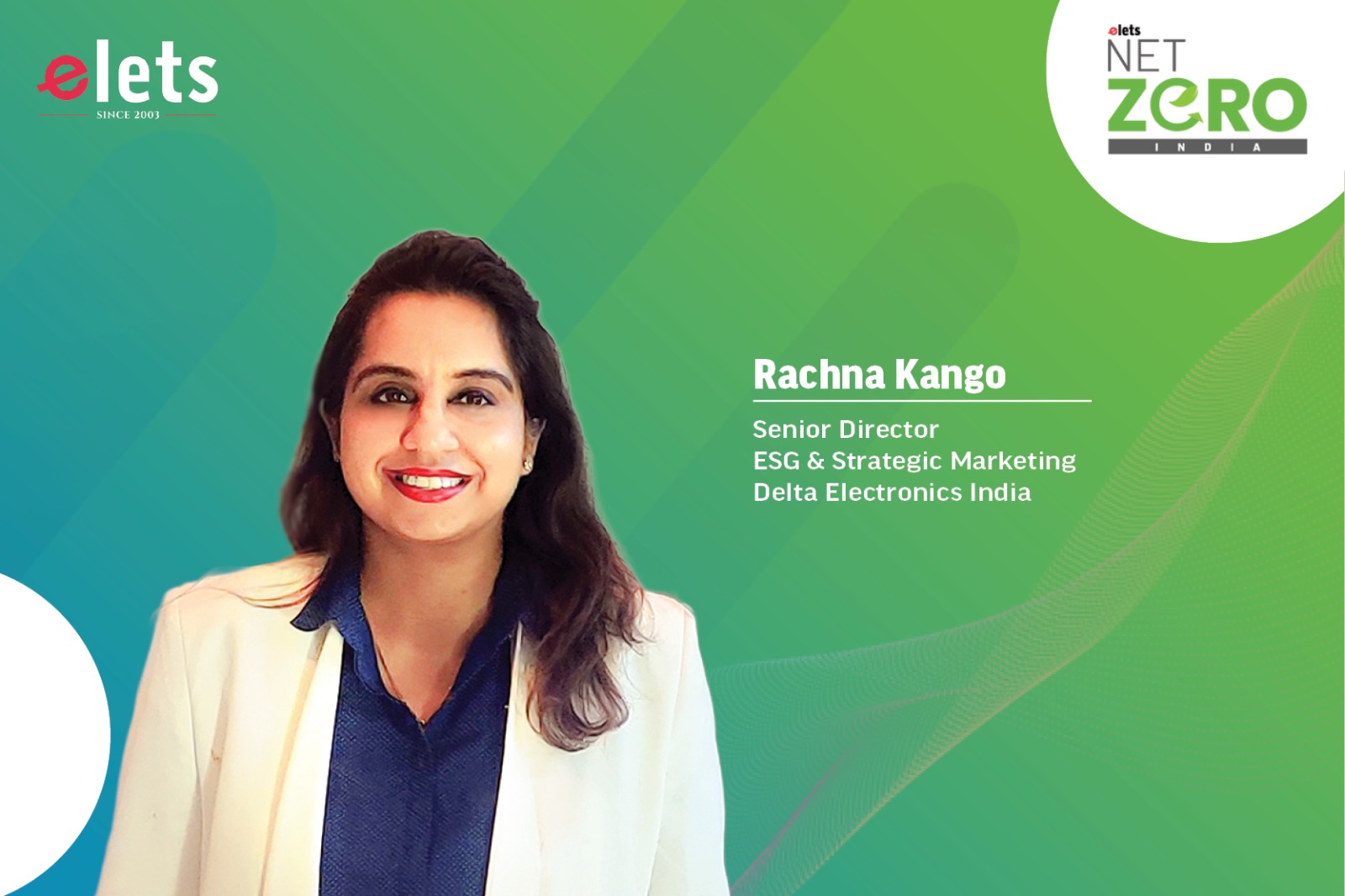
With India’s net-zero targets driving a national shift toward sustainable industrial practices, Delta Electronics is emerging as a key enabler through data-driven ESG strategies, energy-efficient technologies, and real-time carbon tracking tools. From green buildings and EV charging networks to smart city automation and data center innovations, Delta is aligning its core operations with decarbonisation goals while delivering measurable value to B2B clients. Backed by global standards and third-party validation, its initiatives reflect deep-rooted transparency and long-term climate responsibility. Rachna Kango, Senior Director – ESG & Strategic Marketing, Delta Electronics India, shares more in an exclusive interaction with Abhineet Kumar of Elets News Network (ENN). Edited excerpts:
Purpose-Driven Marketing is gaining momentum globally. How is Delta Electronics aligning its brand strategy with sustainability goals to create authentic ESG narratives—especially in a B2B context where impact storytelling is evolving?
Delta Electronics India has strategically integrated ESG into its brand identity by positioning itself as a company that “leads by example.” In a B2B context, where impact storytelling is rapidly evolving, Delta’s approach is grounded in substance over slogans. For instance, by showcasing quantifiable outcomes—such as saving over 45.5 billion kWh of electricity globally since 2010, translating to nearly 23.84 million tons of CO₂ emissions avoided—Delta offers clients more than just claims, we offer verified impact.
Delta’s marketing strategy emphasizes collaborative, stakeholder-driven sustainability, especially through long-term partnerships like the Power Purchase Agreement (PPA) signed with Ventus Energy Consultancy. These stories are not just about compliance—they reflect Delta’s role in helping partners and industries decarbonize. From smart buildings to renewable energy sourcing, each narrative is tied to actionable outcomes and regional relevance, creating authentic value for industrial clients and government ecosystems alike.
India’s net-zero target for 2070 and rising global ESG regulations demand measurable outcomes. What carbon tracking or reporting tools is Delta offering to B2B clients, and how are you ensuring transparency without falling into the trap of greenwashing?
Delta ensures measurable and transparent climate action by embedding carbon tracking tools and energy management platforms into its solutions. Internally, we have adopted a carbon pricing model ($300/ton CO₂) and has achieved ISO 14064-1 certification and ISAE 3000 assurance for its Scope 1 and 2 reporting, ensuring credibility. These same principles are extended to clients through offerings like the DeltaGrid® platform, which provides real-time energy monitoring and carbon data visualization.
These mechanisms are extended to clients through smart infrastructure solutions that offer real-time data, renewable energy integration, and emissions tracking. To avoid greenwashing, Delta ensures third-party validation—e.g., ISO 14064 verification and ISAE 3000 assurance—for emissions and renewable energy use, thereby creating a transparent, verifiable carbon reporting framework for its B2B partners. Moreover, Delta’s strategic sourcing agreements, such as the 9.6 million units of wind energy annually procured for Tamil Nadu operations, are communicated with emissions reduction data—6,979 metric tons CO₂ reduction per year—validated through conservative industry benchmarks. This level of granularity prevents greenwashing and strengthens Delta’s role as a transparent ESG solutions provider in the B2B sector.
From smart cities to EV charging and green buildings—how is Delta Electronics leveraging its technological expertise to support India’s decarbonisation roadmap and sustainability goals for 2025?
Delta is a key enabler of India’s decarbonization roadmap through end-to-end technology solutions tailored for smart cities, EV infrastructure, and green buildings. In smart cities, Delta provides automation platforms that connect HVAC, lighting, surveillance, and energy analytics into a unified system, improving urban energy efficiency.
In the EV space, Delta has already supplied 8000+ ev chargers in India 3 million globally and we have also launched high-power DC chargers (up to 350kW) with 96% power efficiency, supporting fleet electrification and intercity mobility. These chargers are already deployed across major highways and are integrated with renewable-powered microgrids, helping cut emissions at the source.
Delta also operates 35 certified green buildings globally and is expanding similar standards across India through infrastructure like the Delta Global R&D Center in Bengaluru and our upcoming Krishnagiri manufacturing facility, which utilizes renewable energy and automation to optimize resource use. These efforts not only align with India’s 2025 energy intensity goals but also build localized, low-carbon industrial models.
With increased emphasis on sustainability in data centers and semiconductors, how is Delta integrating energy-efficient solutions in high-growth areas while balancing performance, scalability, and ESG priorities?
In high-growth sectors such as data centers and semiconductor. Delta addresses the dual challenge of high performance and sustainability in energy-intensive sectors through cutting-edge innovation. Its power systems for data centers achieve energy conversion efficiencies up to 98.3%, significantly reducing operational costs and environmental impact. For semiconductor and AI-heavy applications, Delta offers high-density power converters and advanced cooling systems that balance thermal management with energy efficiency. These systems are backed by Delta’s strong focus on R&D. At Delta we invest 8% percent of total revenue into R&D and more than 16,000 patents. The result is a portfolio of scalable, high-performance, and ESG-aligned solutions that help clients meet both technical and sustainability KPIs.
Also Read :- Green Hydrogen at crossroads scaling up or stalling out?
You represent a rare leadership blend — marketing and ESG. How do you see the role of women leaders transforming India’s manufacturing ecosystem, especially in driving a shift toward sustainable industrial practices?
Women leaders who bring together marketing, ESG, and strategic foresight are uniquely positioned to transform India’s manufacturing landscape. At Delta, this blend fosters inclusive decision-making and ensures ESG is not a siloed function but a business enabler. Female leadership brings a collaborative lens to industrial transformation, evident in initiatives like stakeholder engagement for supplier training on ISO 14064 and expanding low-carbon supply chains. By championing diversity, inclusive growth, and sustainability simultaneously, women leaders are redefining what it means to build competitive, purpose-driven manufacturing ecosystems in India.
Delta has committed to achieving specific sustainability milestones by 2025. Can you share what progress has been made so far—particularly in Scope 1 and Scope 2 emissions, renewable energy adoption, or water-positive initiatives?
Delta has made significant progress toward its 2025 ESG targets. It has already achieved a 39% reduction in Scope 1 and 2 emissions (market-based) compared to its 2021 baseline—two years ahead of schedule. Renewable energy accounted for 76% of Delta’s global electricity use in 2023, demonstrating alignment with its RE100 and carbon neutrality goals. The company implemented 410 energy-saving projects last year alone, resulting in over 48 million kWh of electricity saved. On the waterfront, Delta has adopted water-positive strategies through smart management systems in factories and office campuses. This multi-pronged progress positions Delta as a serious, results-oriented player in industrial sustainability.
Be a part of Elets Collaborative Initiatives. Join Us for Upcoming Events and explore business opportunities. Like us on Facebook , connect with us on LinkedIn and follow us on Twitter, Instagram.
"Exciting news! Elets technomedia is now on WhatsApp Channels Subscribe today by clicking the link and stay updated with the latest insights!" Click here!




